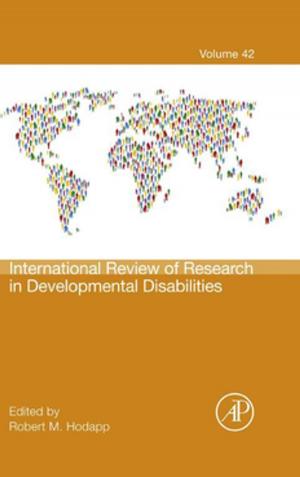The Psychology and Sociology of Wrongful Convictions
Forensic Science Reform
Nonfiction, Reference & Language, Law, Forensic Science, Social & Cultural Studies, Social Science| Author: | ISBN: | 9780128027028 | |
| Publisher: | Elsevier Science | Publication: | June 26, 2018 |
| Imprint: | Academic Press | Language: | English |
| Author: | |
| ISBN: | 9780128027028 |
| Publisher: | Elsevier Science |
| Publication: | June 26, 2018 |
| Imprint: | Academic Press |
| Language: | English |
Wrongful convictions are the result of faulty or false scientific evidence in 50% of the cases. Defense counsel is often at a great disadvantage in defending against evidence based on science. Illusory Evidence: The Psychology and Sociology of Wrongful Convictions is written for the non-scientist, to make complicated scientific information clear and concise enough for attorneys and judges to master. This is obtained by providing case studies to simplify issues in forensic psychology for the legal professional.
- Increases the courts’ knowledge about areas of psychology that have been debunked, have advanced, or have been refined by the scientific community
- Covers issues in psychological forensics, namely: Profiling, Psychological Defenses, Mitigation, Eyewitness Testimony/Identification, Child Testimony, Repressed Memories, False Confessions and Moral Panic
- Trains prosecuting attorneys about the present state of the forensic psychology, to avoid relying only on legal precedent and will not present flawed science to the court
- Provides defense attorneys the knowledge necessary to competently defend where forensic psychology plays a part in a prosecution
- Arms innocence projects and appellate attorneys with the latest information to challenge convictions
- Uses case studies to simplify issues in forensic psychology for the legal professional
Wrongful convictions are the result of faulty or false scientific evidence in 50% of the cases. Defense counsel is often at a great disadvantage in defending against evidence based on science. Illusory Evidence: The Psychology and Sociology of Wrongful Convictions is written for the non-scientist, to make complicated scientific information clear and concise enough for attorneys and judges to master. This is obtained by providing case studies to simplify issues in forensic psychology for the legal professional.
- Increases the courts’ knowledge about areas of psychology that have been debunked, have advanced, or have been refined by the scientific community
- Covers issues in psychological forensics, namely: Profiling, Psychological Defenses, Mitigation, Eyewitness Testimony/Identification, Child Testimony, Repressed Memories, False Confessions and Moral Panic
- Trains prosecuting attorneys about the present state of the forensic psychology, to avoid relying only on legal precedent and will not present flawed science to the court
- Provides defense attorneys the knowledge necessary to competently defend where forensic psychology plays a part in a prosecution
- Arms innocence projects and appellate attorneys with the latest information to challenge convictions
- Uses case studies to simplify issues in forensic psychology for the legal professional















